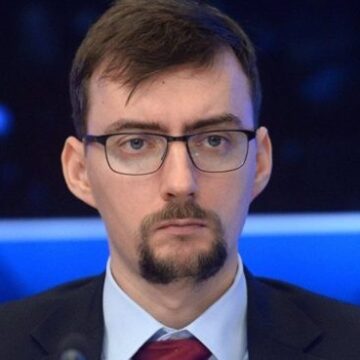In other words, COVID-19 does little to change the way the sanctions are applied in practice. They remain an instrument of coercion and pressure which is used to attain foreign policy goals. As the epidemic subsides, the situation will get back to normal with fewer humanitarian declarations or exemptions.
The COVID-19 pandemic has given hope for international consolidation in the face of a common threat.Alleviating numerous sanctions and economic restrictions could be one step towards unification.
The US administration promptly released a list of exceptions to its sanctions, many of which were in place long before the pandemic. They concern Iran, Syria, Cuba, North Korea, Venezuela and Russia. A joint US-Swiss relief supply channel for Iran has become
operational. We saw the first transactions based on INSTEX, a long- awaited channel for humanitarian transactions with Iran created by Great Britain, France and Germany back in 2019. The United Kingdom made humanitarian exceptions for the Syrian oil embargo.
However, declarations and humanitarian exemptions are unlikely to reverse the sanctions policy or the existing restrictions. All resolutions, decisions and laws remained in force even at the peak of the epidemic. Exemptions apply only to isolated areas. The relief channels focus on the “people” of the countries under sanctions, not the “authoritarian regimes.” However, the state plays the key role in fighting the epidemic or any other major challenge for that matter. It inevitably falls under the “regime” category thus becoming cut off from many essential resources. For example, in theory, an oil embargo is bad for the “regime.” In practice, the embargo makes a state less capable of fighting the epidemic. At the end of the day, firing at the “regime” means firing at the “people.” We should also bear in mind that the help in fighting the epidemic provided by the countries hit by the sanctions, such as Russia, Cuba and China, to the initiators of the sanctions will not make the latter lift the sanctions afterwards.
Today, there are many publications on how COVID-19 is going to change the world and international relations. “The world will never be the same” has become a common tagline. Unfortunately, this has nothing to do with easing the sanctions policy.










